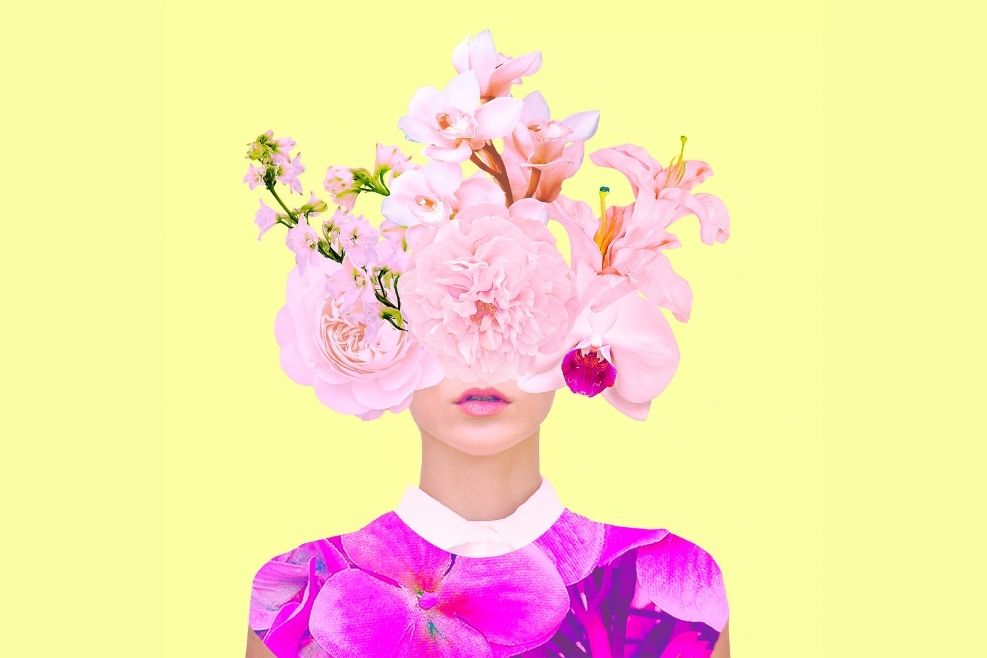The Correlation Of Social Media and Mental Health.
In conversation with Rachna Sadhwani
The evolution of Social Media has made us more globally connected than ever. Media platforms have benefited society by easing access and connection to people, information, and services. While the positive effects of this technology are far too many; It’s imperative to realize that the increase in smartphones and social media applications has led to the rise in triggering and indirect mental health issues among individuals.
And if you think “mental health issues” sounds too extreme, let us present to you a common scenario:
“I was having a packed day at work. I go on a coffee break and start scrolling through Instagram. I see my friends on holiday, my aunt’s son is getting married, and someone is out there having an exciting smoothie bowl for lunch. Ugh! I don’t want to compare, but they certainly are all having a better time than I am. ”
Ah, there it goes, a literal chunk of your dopamine levels (to keep it simple, it’s a feel-good neurotransmitter) going down. But then maybe you post a #tbt picture of yourself of your last summer vacation and get 500 likes? And there follows a good dopamine hit, making you feel better about your day. This eventually turns into a form of a constant validation loop. There are days where it may bring you down or put you on cloud nine.
Team TML got together in conversation with mental health and digital marketing expert Rachna Sadhwani. Having majored in psychology and her digital marketing experience in facets like programmatic advertising, social media marketing, and email marketing, Rachna was the perfect match to understand this topic better! She is currently striving to revolutionize digital marketing’s use and effects on psychology and create a more beneficial and positive user experience.
TML: What’s your take on social media and mental health?
Rachna: Social media’s effects on mental health are very much real. In addition to all the pressure our generation has to face daily, overuse of social media has become a catalyst for triggering anxiety, panic attacks, depression, etc.
- Facebook was one of the first apps to be identified as harmful (2012. Bergen Facebook Addiction Scale). And recent studies cite Instagram as the worst app to trigger insecurity and anxiety and give rise to depression.
- WHO also estimates that about 7.5 percent of Indians suffer from some mental disorder and predicts that roughly 20 percent of India will suffer from mental illnesses by the end of this year. (October 2020).
- Evidence is growing, particularly in adolescent mental health, of an association between greater social media use and higher depressive and anxiety scores, poor sleep, low self-esteem, and body image concerns (Kelly et al., 2018; Royal Society for Public Health 2017).
TML: I mean, look at these statistics, mental health is on the decline every year!
Rachna: The world has rapidly advanced in the last few years, especially when it comes to technology. However, the human brain has not evolved as quickly. Therefore, we cannot keep up with all the advancements that the world has brought on. It can be extremely overwhelming for the human mind to catch up and feel secure within it, resulting in a higher prevalence of mental illnesses.
Scrolling through social media has become an addiction. We can’t get enough of it. There are no real restrictions to its use as it’s a socially acceptable practice, unlike other commonly known addictions like overuse of alcohol or smoking. We don’t realize that our brains are silently creating narratives about ourselves each time we’re on a social media app. Our minds will often come up with discouraging and critical narratives about ourselves that will become so deeply embedded into our brains that we start to believe them. The more we scroll through social media, the more narratives we create. It’s almost a never-ending cycle.
TML: We know reel life isn’t always real life. People tend to project a picture-perfect version of themselves online, and that might not be true.
Rachna: Unfortunately, there is a huge element of competition on social media. Everybody filters their life through social media, so we’re only able to see what they want us to see. We tend to forget that people live lives off-screen, and those lives probably look incredibly different. Instead, we take the on-screen lives as the whole truth and start to feel bad about ourselves. Constantly comparing yourself to other people can increase the cognitive distortions (negative thoughts) and make you spiral into a pattern of depression, anxiety, insecurity, etc. If we are not happy within ourselves, it’ll be hard to prevent mental illness.
TML: How can an individual stop this constant social comparison?
Rachna: The best way to stop the cycle of comparison is to consciously make an effort to look inward, and reflect that such habits are just detrimental to your wellbeing. The grass may seem greener on the other side, but that’s only because you’re looking at all the filters applied that have made it that green.
Take regular breaks from social media and engage in activities that make you feel genuinely happy and help you learn and grow in life. Take comfort and have gratitude in knowing that you also have great things going on in your life, and remember that everyone’s journey is different. So, get off social media and go live a little.
Social Media is not going anywhere. So, in all honesty, the onus comes onto ourselves and our habits, behaviors, how we perceive our outer and inner environments, and how we choose to navigate this experience.
TRY THIS OUT: Unfollow accounts that bring you down negatively & follow motivational and inspirational social media accounts that will uplift your scrolling moments!
You can color your feed with happiness and positivity by checking out Rachna’s social media page @colourmehapppy and spread it around!




